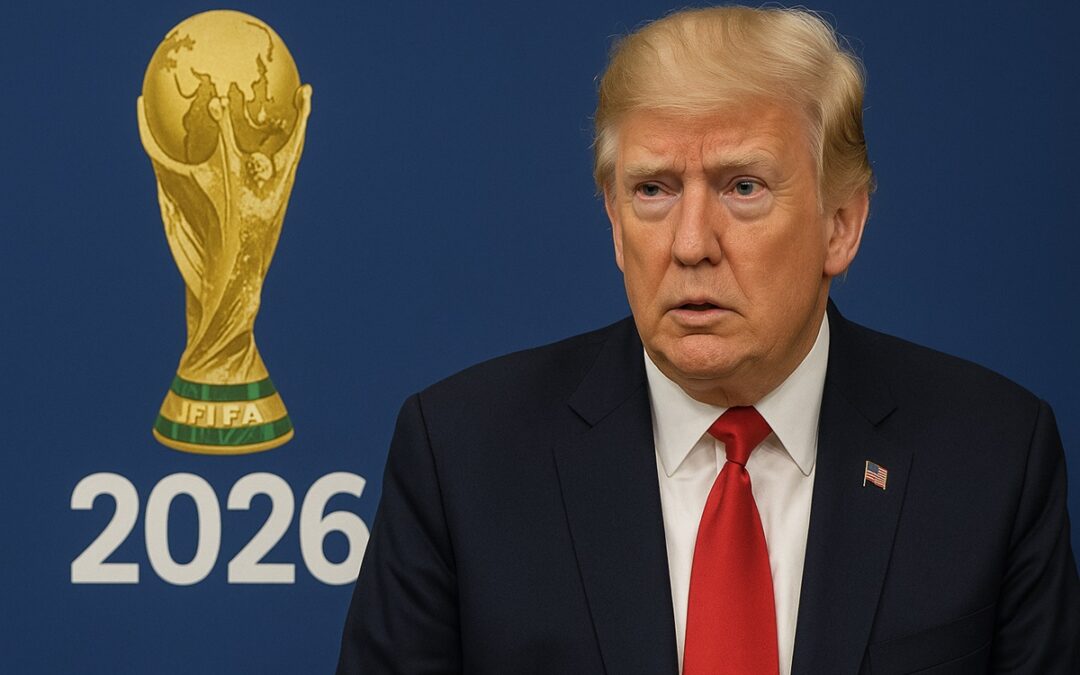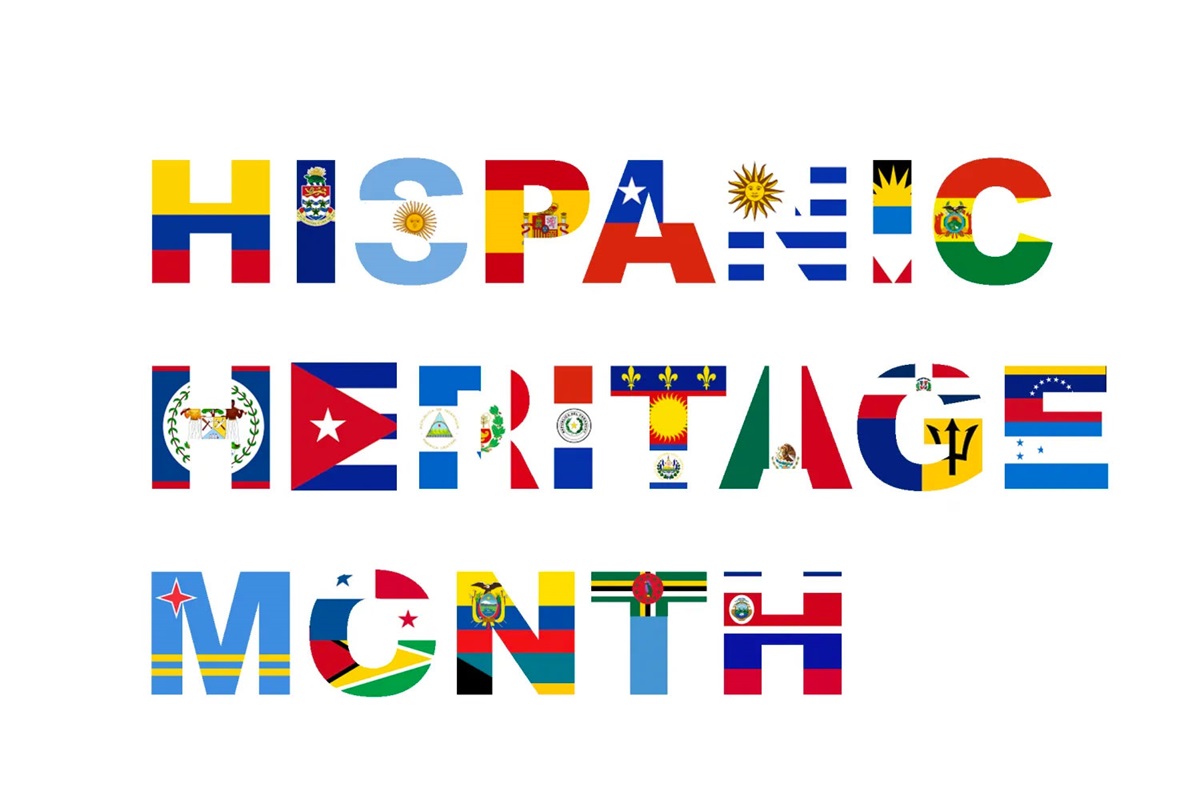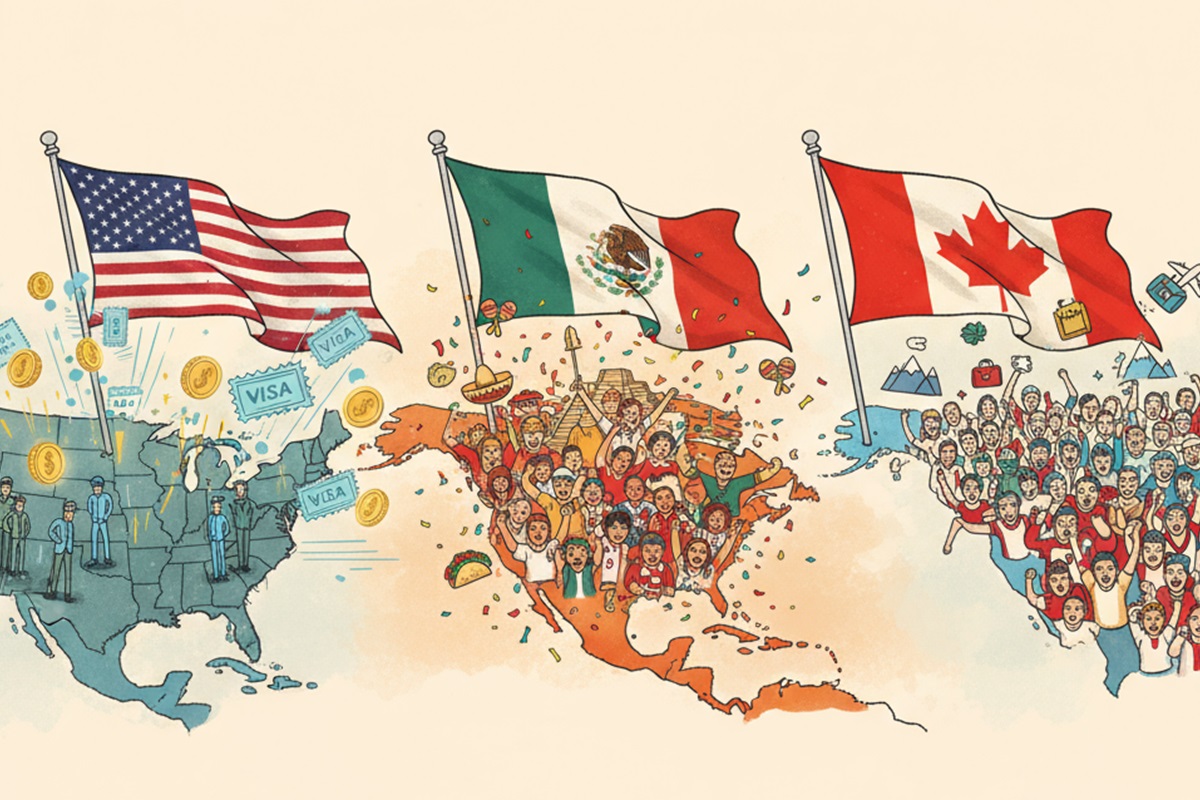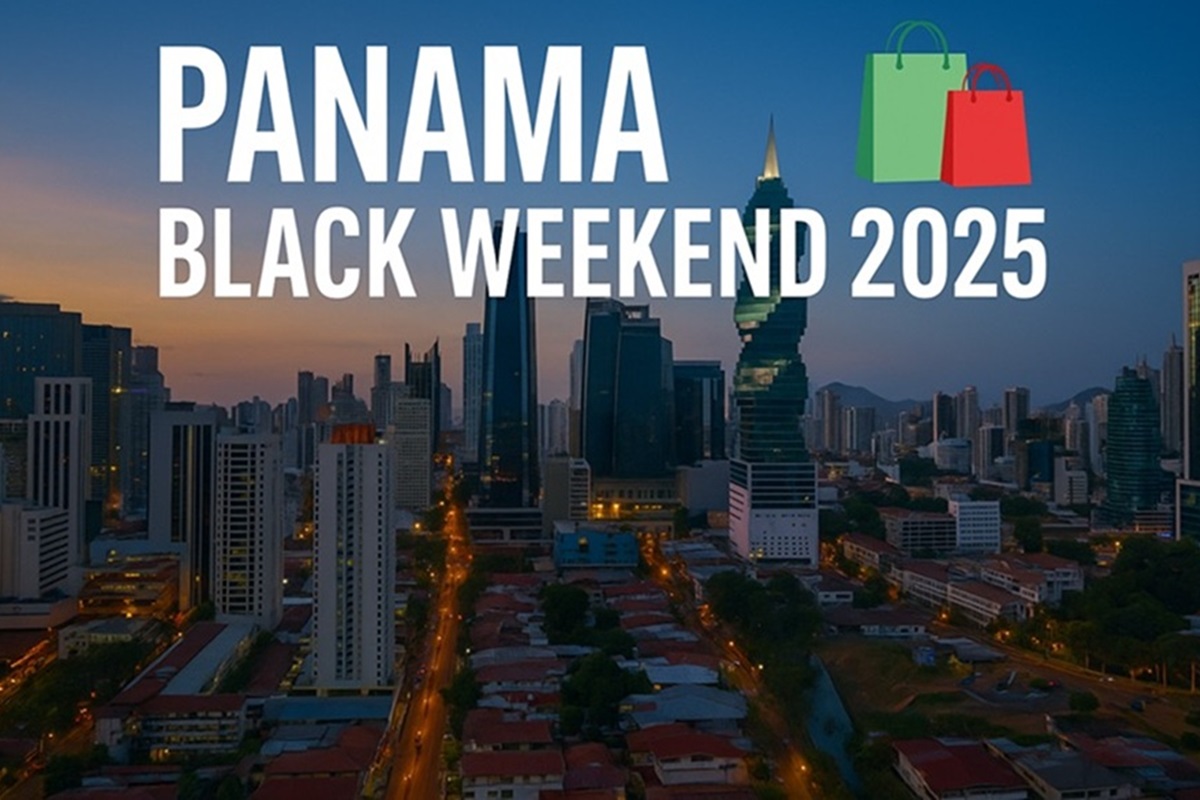In an era where spectacle and politics are increasingly inseparable, Donald Trump has once again placed himself at the center of the world’s biggest stages. During a press encounter at the White House in mid-October 2025—while hosting Argentine President Javier Milei—the U.S. president suggested that he might call FIFA to remove Boston from the list of host cities for the 2026 World Cup and even relocate the 2028 Olympic Games away from Los Angeles.
His reasoning sounded simple, almost casual: if a city, particularly one governed by Democrats, was “unsafe,” he could ask FIFA President Gianni Infantino or the International Olympic Committee (IOC) to move the events elsewhere.
“I love the people of Boston,” Trump said. “But their mayor is not good. If someone is doing a bad job and there are unsafe conditions, I’d call Gianni and say, ‘Let’s move it.’ He’d do that—very easily.”
The remark set off alarms across the sports world. Could a sitting U.S. president actually cancel World Cup matches or the Olympics on political grounds? The short answer is no. The long answer is that Trump’s words, while legally hollow, expose a deeper struggle over who controls the intersection of sports, power, and political narrative.
A familiar tactic: safety as political theater
This was not Trump’s first attempt to weaponize mega-events. Only weeks earlier, he had threatened to strip Seattle and San Francisco—two Democratic-led cities—of their World Cup matches. His justification again centered on public safety, invoking images of urban chaos and “radical left lunatics.”
Boston was merely the next target. Trump accused Mayor Michelle Wu of letting the city “be taken over,” referencing viral videos of so-called “street takeovers” by car enthusiasts. Yet the numbers told a different story. According to FBI data, Boston ranks among the safest major cities in the United States, with more than a hundred others showing higher crime rates—including Kansas City, another 2026 World Cup host.
This disconnect between rhetoric and fact illustrates Trump’s strategy: portray Democratic strongholds as dangerous to justify federal intervention—and reinforce his self-image as the sole guarantor of order.
Contracts stronger than politics
Behind the bluster lies a reality as unyielding as any federal law: the U.S. president has no legal authority to alter host city agreements for either the World Cup or the Olympics.
The 2026 FIFA World Cup—co-hosted by the U.S., Mexico, and Canada—is governed by a dense network of contracts. Each host city signs a binding agreement with FIFA and its local organizing committee, defining obligations on infrastructure, security, and logistics. Once signed, those agreements function as international commercial contracts, enforceable under Swiss law, where FIFA is headquartered.
In Boston’s case, the matches aren’t even in the city proper but at Gillette Stadium in Foxborough, 30 miles away. The venue’s owner, billionaire Robert Kraft—one of Trump’s oldest friends—inked the deal years ago. Revoking that contract would require FIFA to prove a massive security breach or non-compliance, followed by arbitration and likely lawsuits running into hundreds of millions.
As FIFA vice-president and CONCACAF chief Victor Montagliani reminded reporters in London, “Football is bigger than world leaders. It will survive their regimes, their governments, and their slogans.” The message was unmistakable: Trump may tweet, but FIFA governs.
Related content: Travel Ban, Closed Doors: Why the U.S. Is Not Fit to Host the World Cup and Olympics
Los Angeles 2028, an even higher legal wall
If Trump’s threats to Boston are legally impossible, his talk of moving the Los Angeles Olympics drifts even further into fantasy. The Olympic Charter—sports’ closest equivalent to a constitution—states in Article 33 that only the IOC’s full Session of 107 members can select or change a host city.
Once that choice is made, the IOC signs the Olympic Host Contract (OHC) with the national and local organizing committees. In Los Angeles, that contract—signed in 2017—binds the U.S. Olympic and Paralympic Committee, the LA28 organizing team, and city authorities to deliver the Games. The federal government may offer security support, but it holds no right to alter the deal.
Unilaterally changing it would breach international law, expose the U.S. to penalties, and alienate corporate sponsors already invested billions. The Memorial Coliseum, SoFi Stadium, UCLA Village, and over 800 planned Olympic events are locked into detailed timetables.
In short: you cannot move the Olympics by presidential decree—not without detonating years of contracts and global logistics.
The Infantino connection—and its limits
Still, Trump’s threat wasn’t purely improvised. His close alliance with FIFA’s Gianni Infantino dates back to 2018, when the U.S. won hosting rights for 2026. Since then, Infantino has appeared repeatedly at Trump-led summits, including this year’s “Gaza Peace Conference” in Egypt.
That relationship fuels speculation that Trump might wield informal leverage. When asked by Sky News whether the U.S. government had the right to determine host-city safety, FIFA responded cautiously: “Safety and security are governments’ responsibility.” The statement stopped short of confirming any authority—but it avoided contradicting Trump outright.
Infantino’s silence is calculated. FIFA has long coexisted with powerful heads of state—from Putin in 2018 to Qatar’s emirs in 2022—while guarding its independence. But the Boston episode underscores how that balance can tilt when political loyalty and personal alliances enter the arena.
Even so, the ultimate decision-making power lies with FIFA’s Council, not with Infantino alone, and certainly not with the White House. Any venue change would require consensus across the 211-member federation and its commercial partners. The likelihood of that happening, less than a year from kickoff, is virtually zero.
Money makes cities immovable
The practical reasons against relocation are as compelling as the legal ones. The World Cup’s North American edition will be the largest in history: 48 teams, 104 matches, and 16 host cities. The U.S. will stage 78 of those games. Each city has invested millions in transportation, hotel upgrades, and security plans since 2018.
For Massachusetts alone, analysts project a $1 billion economic boost from the Foxborough matches. Moving them now would unravel contracts with broadcasters, airlines, and local suppliers, igniting a legal firestorm.
The same is true for Los Angeles 2028, a $6.9 billion operation funded mostly by private sponsorship. Its “no-new-venues” model—reusing existing infrastructure—has been hailed by the IOC as a blueprint for sustainable Olympics. Pulling the plug would not only devastate California’s economy but also undermine America’s reputation as a reliable host of international events.
In both cases, the cost of chaos far outweighs the political gain.
Politics disguised as governance
If the president cannot move games, why does he keep suggesting he can? Because the threat itself serves a political purpose.
Trump has made “safety” the centerpiece of his administration. By portraying Boston, Los Angeles, and other Democratic cities as ungovernable, he reinforces his broader campaign narrative: America’s greatness is being sabotaged by liberal incompetence. His sports rhetoric turns that story global—transforming the World Cup and the Olympics into props in a domestic power struggle.
It also allows Trump to frame international institutions as extensions of his will. The image of a president personally calling Infantino to “move the games” fits neatly into his pattern of performative dominance—a spectacle of command rather than a policy reality.
Boston’s Mayor Wu dismissed the bluff with calm precision: “Much of FIFA’s host city agreements are locked down by contract,” she said. “No single person, even if they live in the White House, can undo it.”
When neutrality cracks
What this controversy exposes is the fragility of the supposed neutrality of global sport. Mega-events like the World Cup and Olympics depend on cooperation between governments and private entities. That structure makes them uniquely vulnerable to political pressure from leaders eager to score ideological points.
For FIFA and the IOC, Trump’s comments are a stress test. Their institutional legitimacy depends on maintaining independence while still relying on host governments for visas, infrastructure, and security. The closer these relationships become, the thinner the line between partnership and manipulation.
As one FIFA insider told Politico, “Safety and security are the top priorities—but once politics defines what ‘safety’ means, you’re no longer talking about sport.”
Contracts over charisma
So, can Donald Trump truly strip Boston of the World Cup or move the Los Angeles Olympics? No—he can’t. The legal, financial, and logistical barriers make it impossible. What he can do is blur the boundary between sports governance and presidential theatrics, using global tournaments as megaphones for domestic politics.
In that sense, the controversy says less about the fate of Boston or Los Angeles and more about the transformation of sports diplomacy in the 21st century. Power now travels through press conferences, not policy; through narrative, not negotiation.
For FIFA and the IOC, the challenge is to prove that their contracts are stronger than charisma—and that, in a world ruled by spectacle, the game still belongs to the game.







